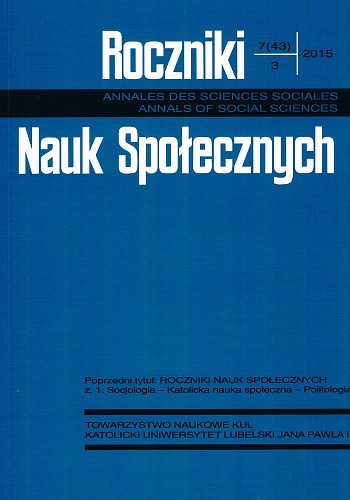Social media – new and future-oriented from of political communication during electiom – as implemented in India
Social media – new and future-oriented from of political communication during electiom – as implemented in India
Author(s): Izabela PodobasSubject(s): Politics / Political Sciences, Politics, Social Sciences, Sociology, Electoral systems, Social development, Social Informatics
Published by: Towarzystwo Naukowe KUL & Katolicki Uniwersytet Lubelski Jana Pawła II
Keywords: India; political communication; elections; social media; the Bharatiya Janata Party
Summary/Abstract: The Internet, and social media alongside, are becoming basic communication means in all fields of human activity, including the political one. It is namely social media, i.e., Twitter, Facebook, YouTube that ensure new methods of encouraging citizens to involve in political life, establish a new form of political dialogue and reflect participating democracy enabling highly direct communication. In political activity, such media become a significant tool serving to inform, recruit supporters, arranging for actions and gaining power. As proved by the election campaign of the national and conservative Indian People's Party (Bharatiya Janata Party – BJP) in 2014, vigorous running of a social media campaign is going to be one of the major factors determining victory in election in the future. Today social media cannot yet replace a traditional campaign, but what they can do, however, is to impose a platform of public debate, with traditional media – the press and TV which reach majority of voters – increasingly using them as a source of information on politicians and their views. It is the indirect impact that makes social media an indispensable communication tool for politicians.
Journal: Roczniki Nauk Społecznych
- Issue Year: 43/2015
- Issue No: 3
- Page Range: 53-66
- Page Count: 14
- Language: English

